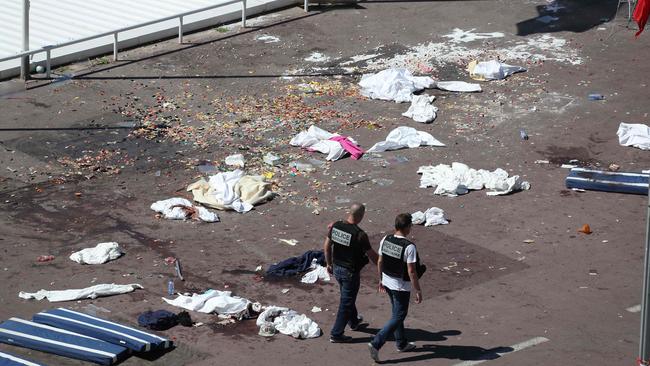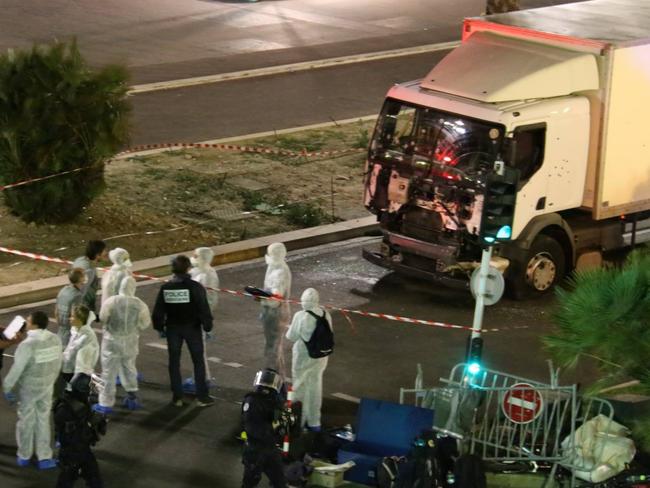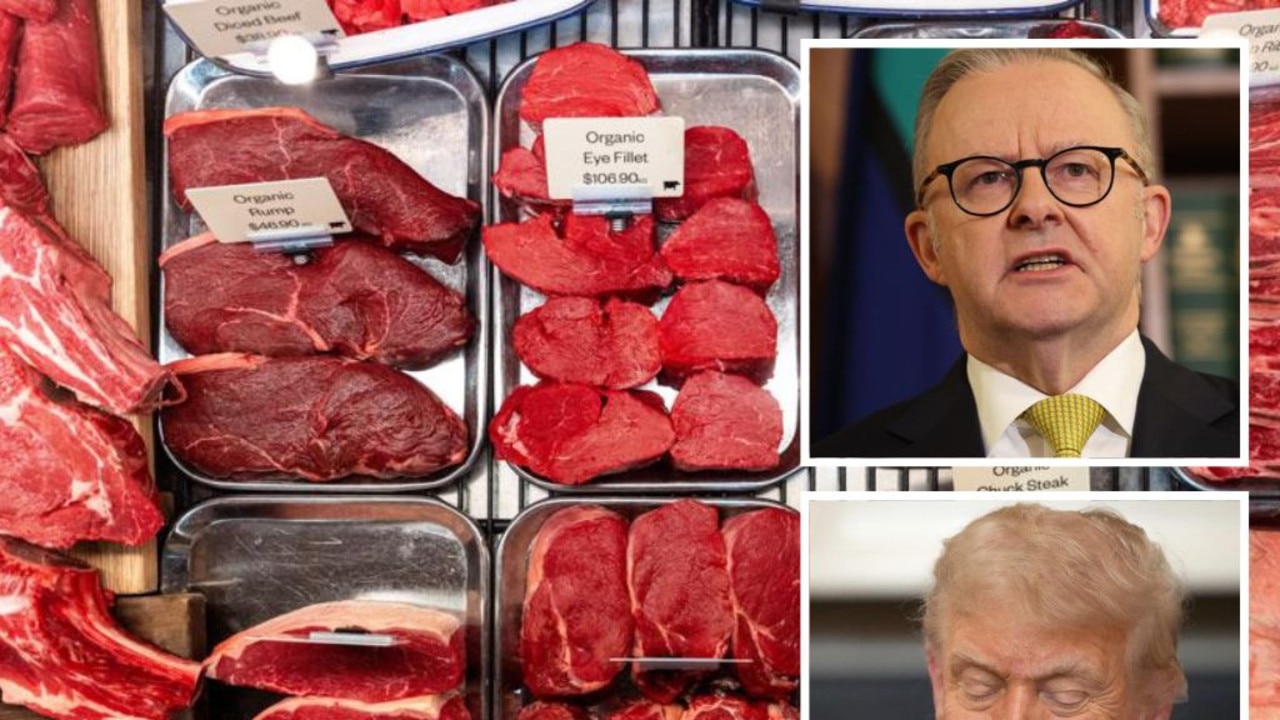Australia and Indonesia ’increasingly concerned’ about how terrorism is financed
COUNTER-terrorism authorities are ‘increasingly concerned’ about money flowing into the South-East Asian region for terrorist attacks.

COUNTER-terrorism authorities say they’re “increasingly concerned” about money flowing into the South-East Asian region, warning it costs very little to finance a lone wolf terrorist attack.
They also fear charities are being used as fronts to collect and distribute terror funding — urging Australians to verify the credentials of not-for-profit organisations before making a donation.
A world-first report into terror financing in South-East Asia and Australia, jointly released by Australian and Indonesian authorities yesterday, said self-funded terrorists and corrupted charities posed the highest risks to the region.
“While the flow of funds out of the region poses a high terrorism financing risk, regional authorities are increasingly concerned by funds flowing into the region to support local terrorism networks,” it said.
“Given only small sums are required to stage a deadly attack, even modest amounts of funding from foreign terrorist groups pose a significant risk to the region’s security.”
TERRORIST ATTACK ON NAVAL BASE THWARTED
BANKING SYSTEM USED TO MOVE TERRORIST FUNDS
The report said self-funding from legitimate sources was the most common method of financing terrorism in the region, with the money mostly used for foreign fighters’ travel or the purchase of weapons and explosives.
“It generally occurs in small volumes, and transactions are most often conducted in cash or through legitimate financial channels,” it said.
“In observed cases, funds are mainly derived from income, sale of personal items, credit cards, loans, welfare payments and pension funds or superannuation.”
Justice Minister Michael Keenan said the financial activities of lone wolf operators often resembled normal living costs, making it harder for authorities to identify and stop them.
“Their financial activity may resemble legitimate financial transactions or worse, remain virtually indistinct when self-funded,” he said.
“This was the case of the attack in Nice, in which the perpetrator hired a truck to kill dozens of innocent civilians.”
BASTILLE DAY ATTACK: TRUCK DRIVES INTO CROWD
HORRIFYING IMAGES FROM BASTILLE DAY ATTACK

His comments were echoed by Indonesia’s Vice Foreign Minister Mohammad Fachir, who said authorities must put a stop to this terror “lifeline”
The Regional Risk Assessment report, released by the Counter-Terrorism Financing Summit in Bali yesterday, also raised concerns about the oversight of not-for-profit organisations.
It said while there were few reports of misuse of charities for financing terror they had the ability to quickly collect and move large sums, with cases in Australia, Thailand and the Philippines already identified.
“In Australia, two cases from the mid-2000s involved community-based NPOs that raise close to $1 million each which was funnelled to foreign-based terrorist groups for organisational funding,” it said.
“Australia has also experienced suspicious ‘pop-up’ NPOs that appear to dissolve after raising funds for ‘humanitarian efforts’ in Syria and Iraq’.”
Mr Keenan urged Australians to check the credentials of not-for-profit organisations before donating.
More than 530 suspicious transaction reports were made in Australia in the past year, the report said.



